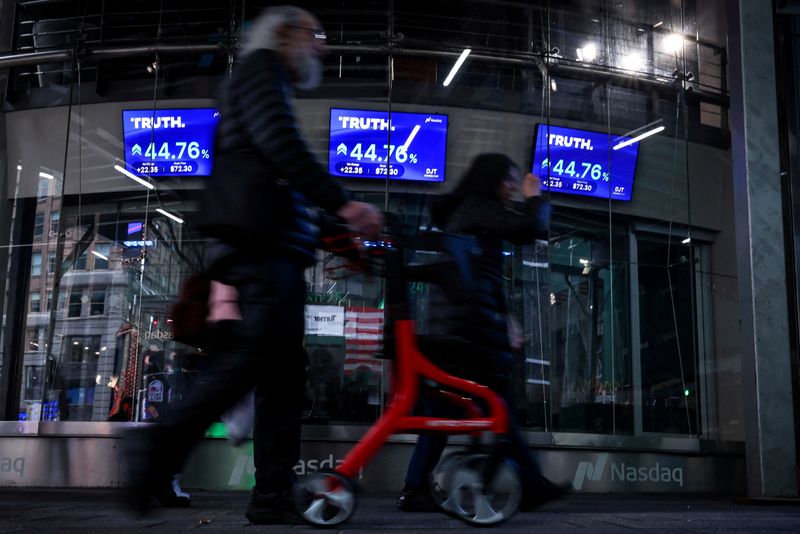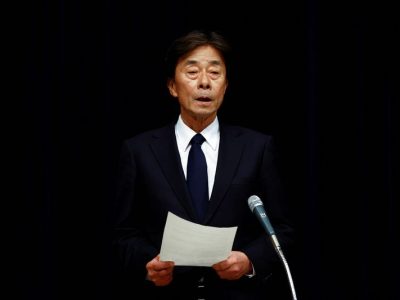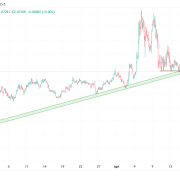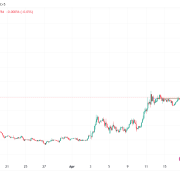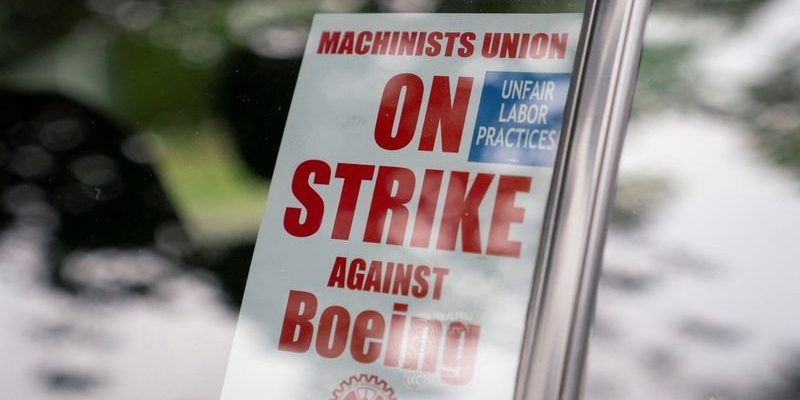
By Abhijith Ganapavaram and Tim Hepher
(Reuters) -Boeing shares fell 4% in U.S. pre-market trading on Thursday after workers voted to extend a nearly six-week-old strike, throwing fresh uncertainty over the company’s efforts to stabilize finances and restore its battered image.
Some 64% of U.S. West Coast factory workers on Wednesday rejected the company’s latest contract offer, leaving assembly lines idle for nearly all the planemaker’s commercial jets including the 737 MAX, the backbone of its balance sheet.
The offer included a 35% general wage increase over four years but no defined benefit pension plan, which was one of the striking machinists’ main demands.
The rejection is a blow for new CEO Kelly Ortberg, who took the top job in August on a pledge to work more closely with factory workers than his predecessors.
Deadlock over the pension plan, which was withdrawn following a deal to keep jobs in Washington state a decade ago, raised immediate concerns over a longer strike as rating agencies monitor Boeing (NYSE:BA) for a possible downgrade to junk status.
“A longer strike delays Boeing’s recovery and increases financial pressure on the company and its (credit) rating,” said Ben Tsocanos, aerospace director at S&P Global Ratings.
“The rejection raises the risk of a protracted strike if the obstacle is reinstatement of a pension. We believe the company is not likely to agree to a pension due because of the cost.”
Others said the continued stoppage leaves the U.S. planemaker with dwindling options as it continues to bleed cash.
“Boeing is going to have to settle it and just make a higher offer, because they are just not in a position to duke it out,” said Agency Partners analyst Nick Cunningham.
Wells Fargo analyst Matthew Akers said raising the wage offer to meet the union’s demand of 40% could end the dispute, noting that online comments suggested members were divided on the pension issue.
Some machinists vowed to fight on after the vote, with many still angry about the last pension deal signed a decade ago.
CASH BURN
Analysts said the vote could muddy efforts to carry out a re-financing needed to stabilize Boeing’s operations after the strike hampered its recovery from a string of previous crises.
Many suppliers are also facing financial difficulties.
Boeing last week filed papers giving itself a window to raise as much as $25 billion to avoid losing its investment grade rating, and separately secured a $10 billion credit line.
But although many analysts say it would prefer to wait for the end of the strike and start generating more cash through deliveries before going to the markets, the labor power struggle has placed it under mounting pressure to clear the air.
“We wouldn’t rule out a capital raise before the strike ends … depending on market conditions,” JP Morgan analyst Seth Seifman said in a note after the vote.
Even before the vote by 33,000 striking workers, Chief Financial Officer Brian West surprised analysts on Wednesday by acknowledging that Boeing would continue to bleed cash in 2025.
West declined to be drawn on the timing of a fundraising, but told analysts: “We’re monitoring events closely and we’ll access the markets whenever we determine it’s the right time.”
Coming on top of back-to-back crises over safety, quality, and an industry-wide shortage of parts and labor, the vote on Boeing’s first major strike in 16 years overshadowed a $6 billion loss for the third quarter also announced on Wednesday.
Ortberg laid out plans to restore Boeing’s fortunes after it lost significant share to European rival Airbus but told staff and investors the turnaround would take some time.



